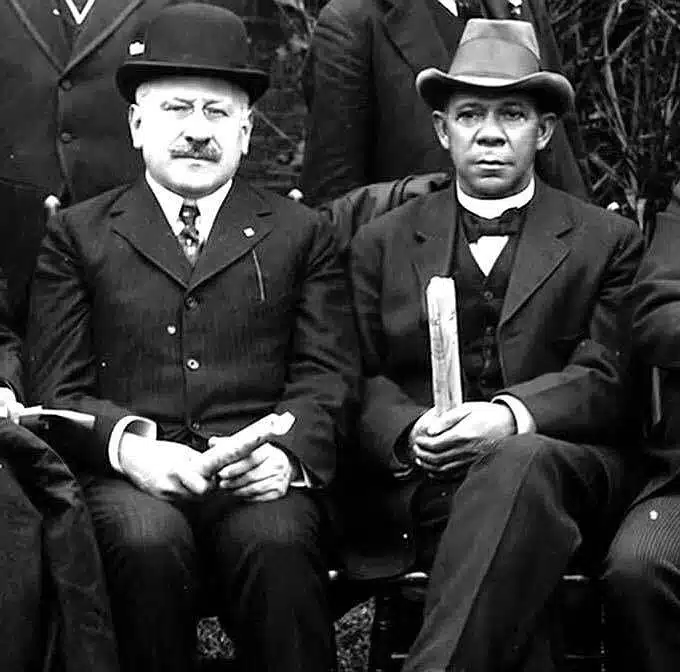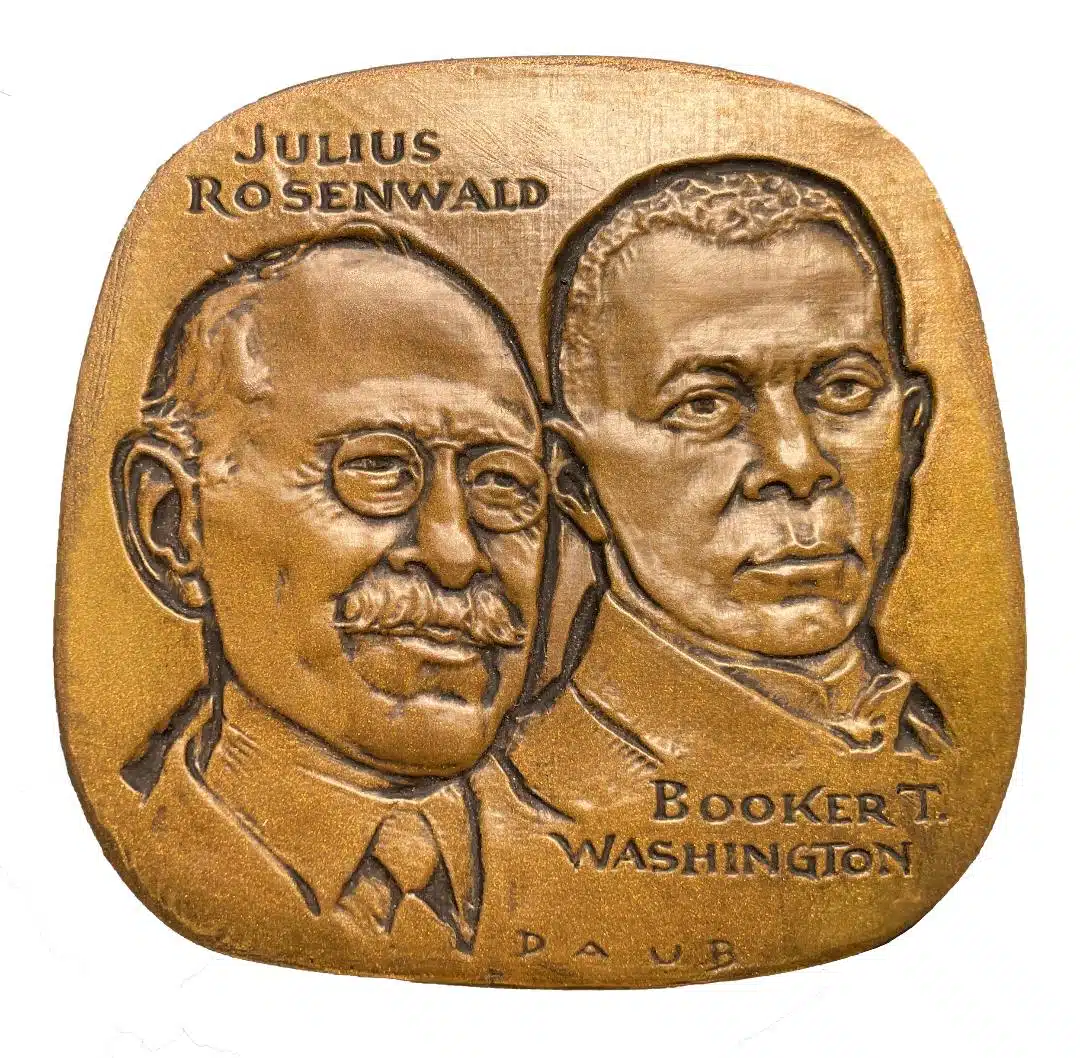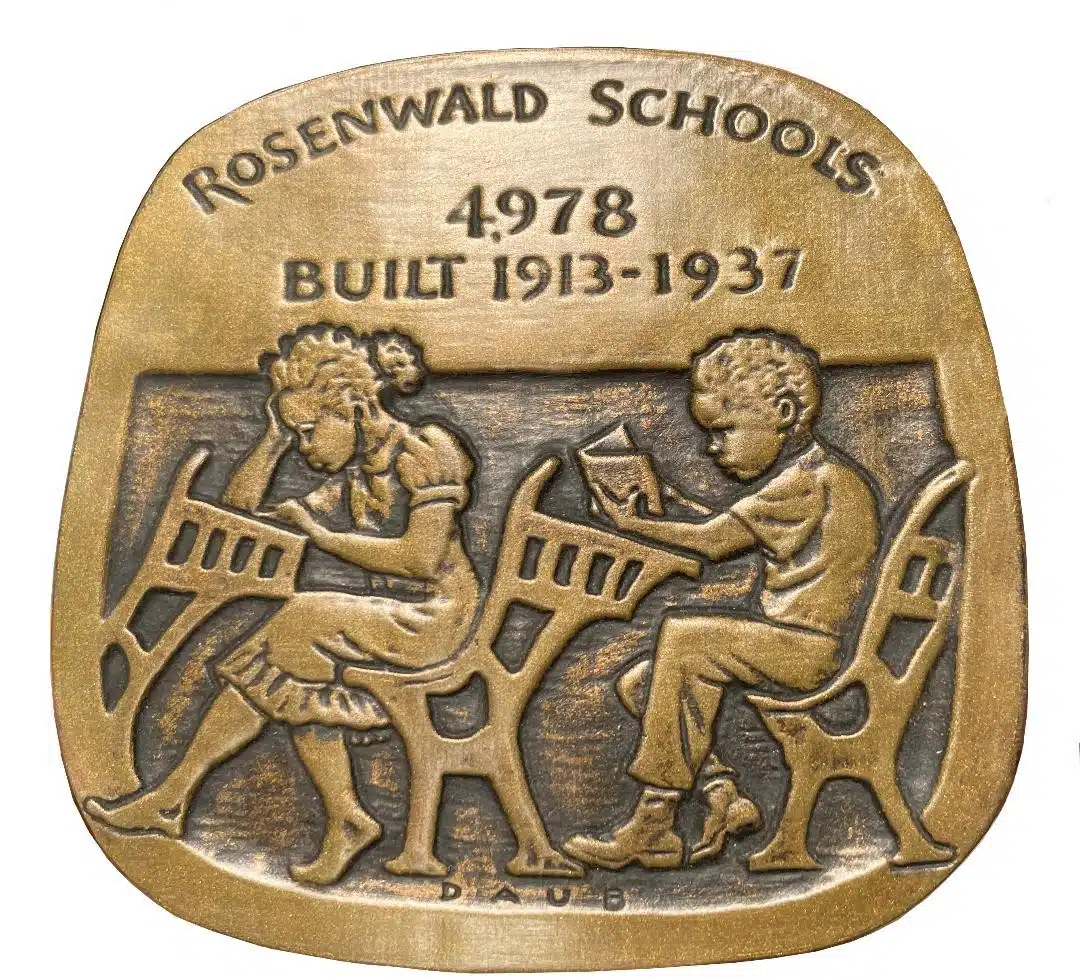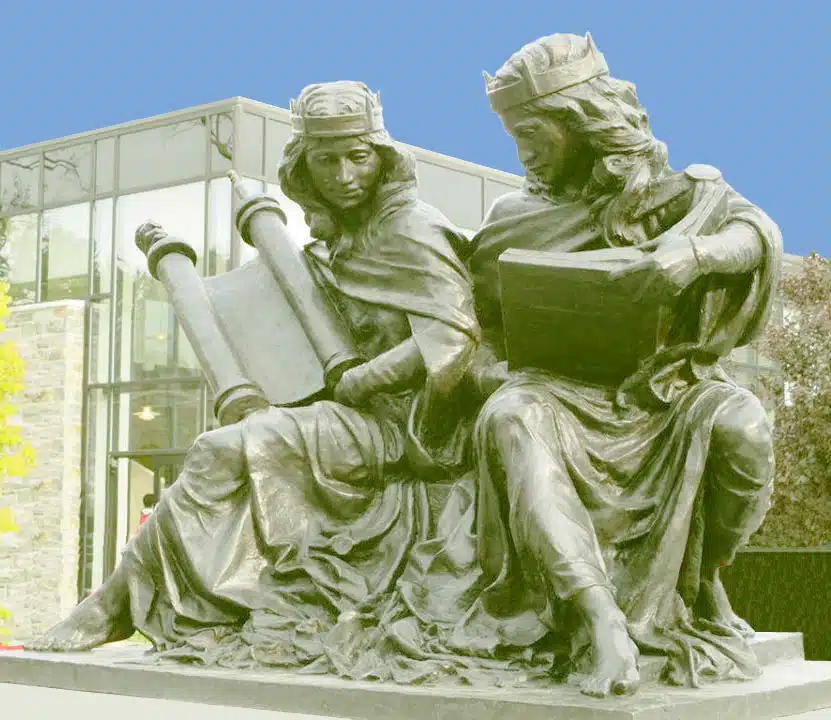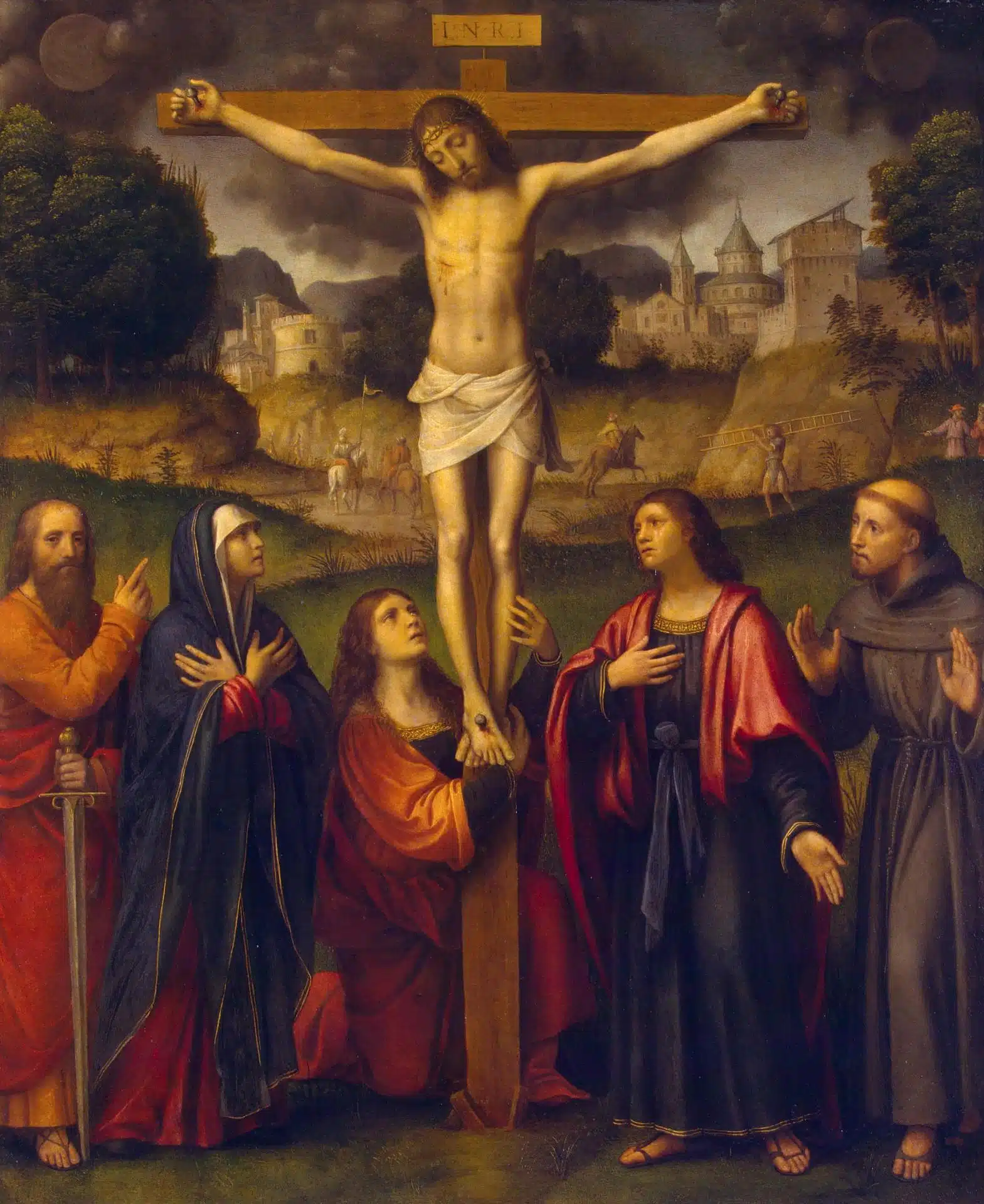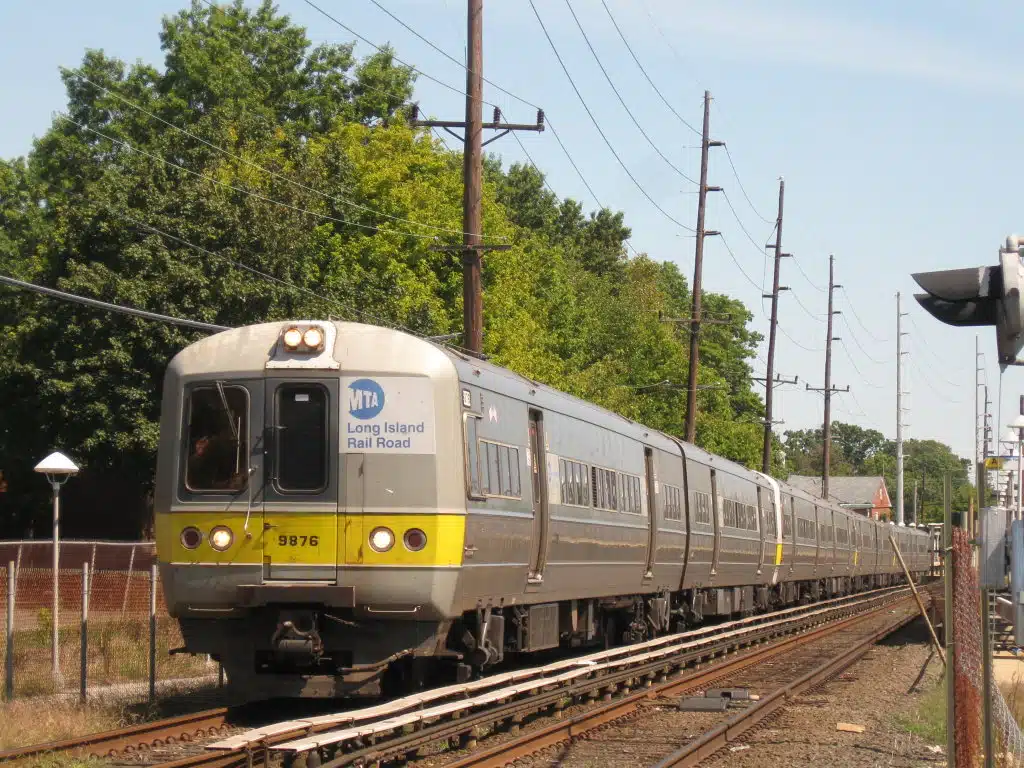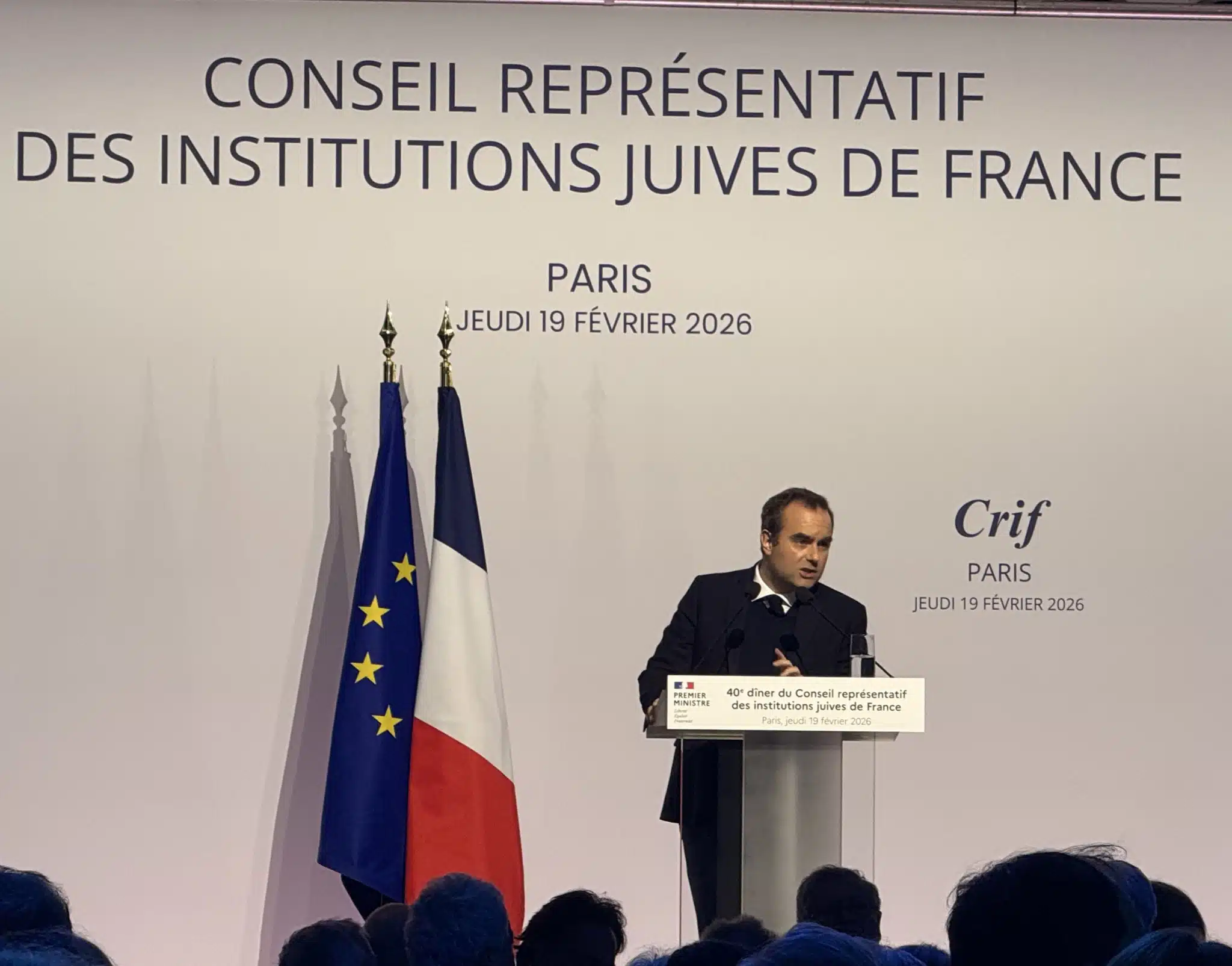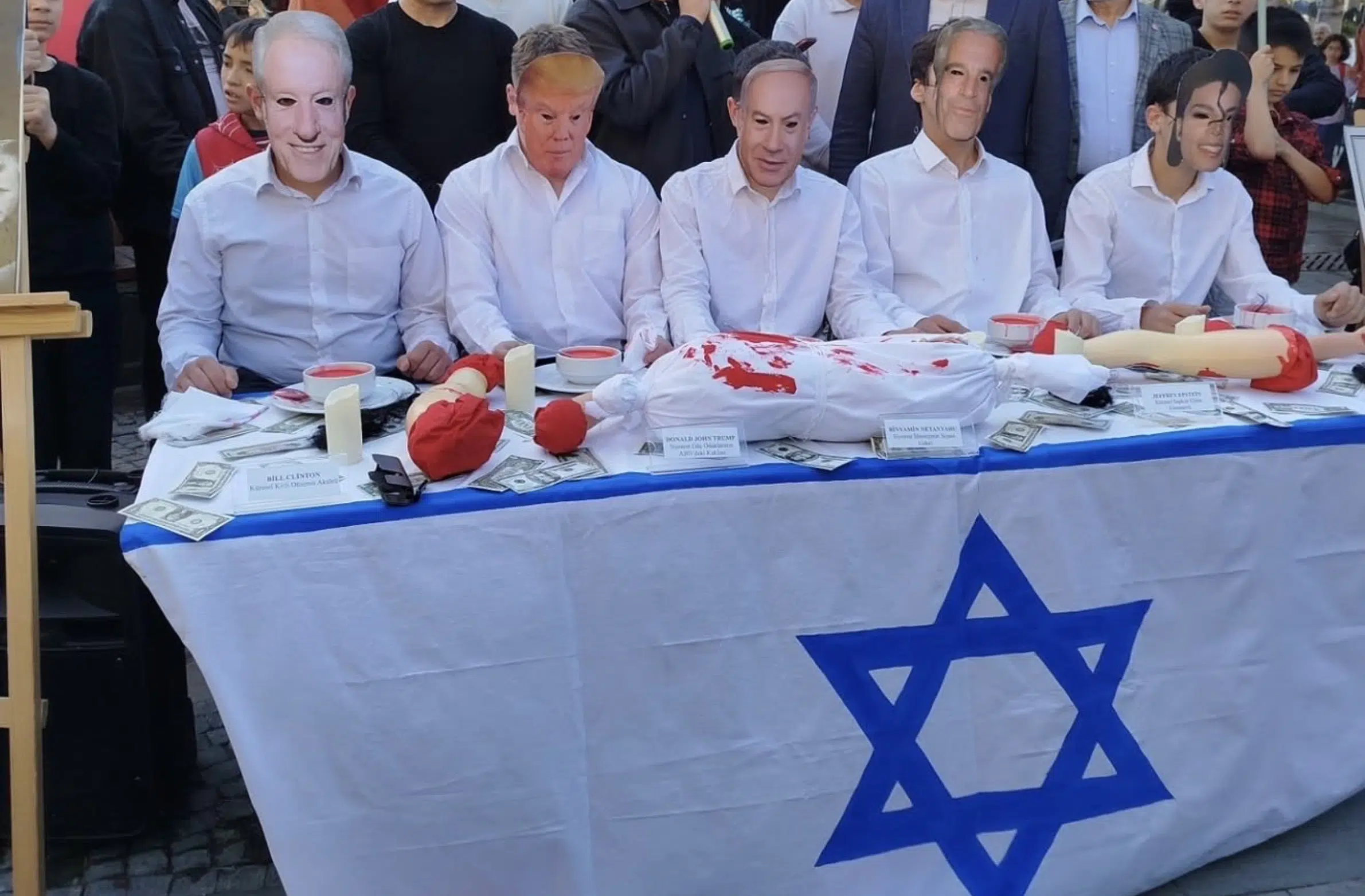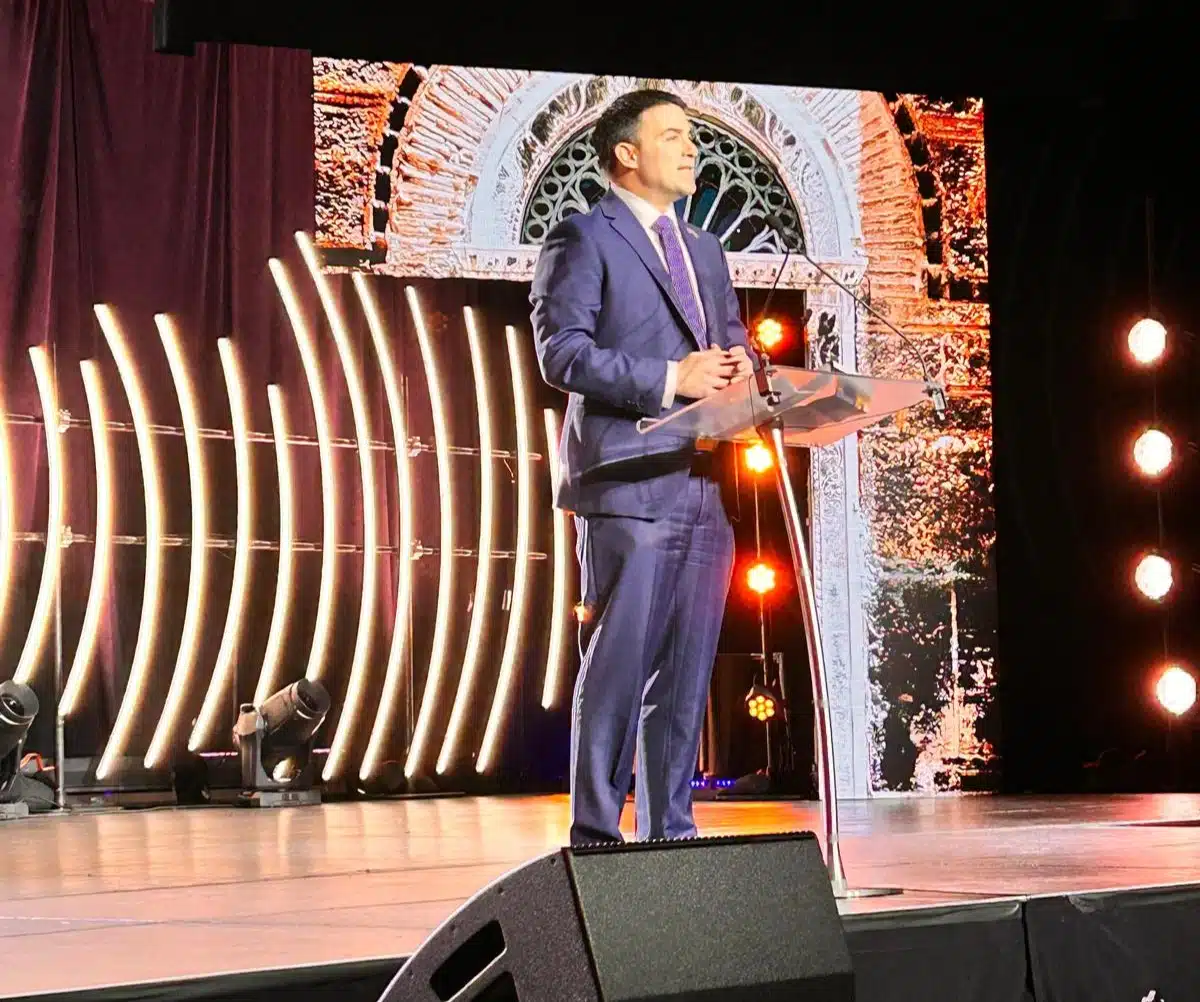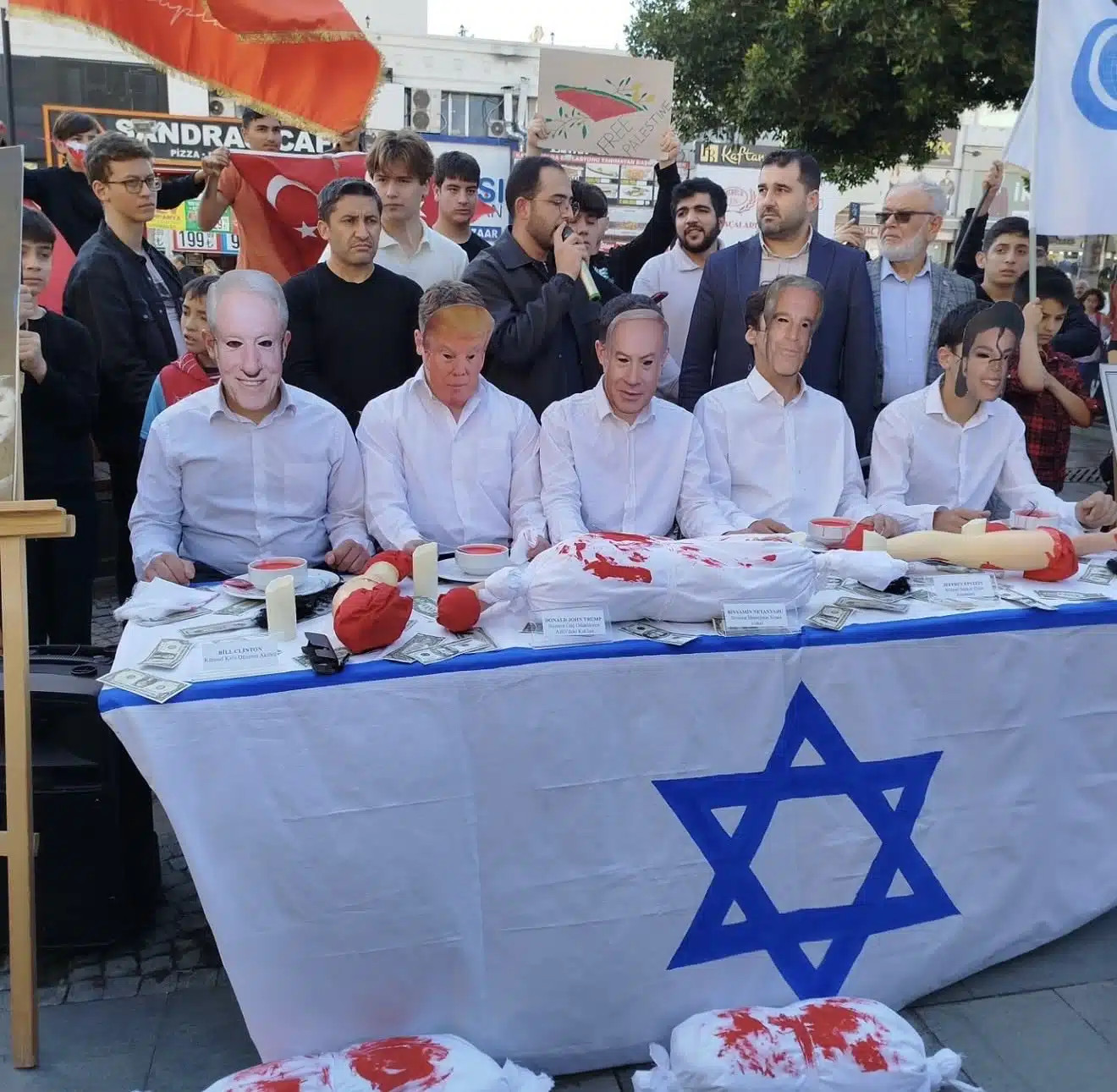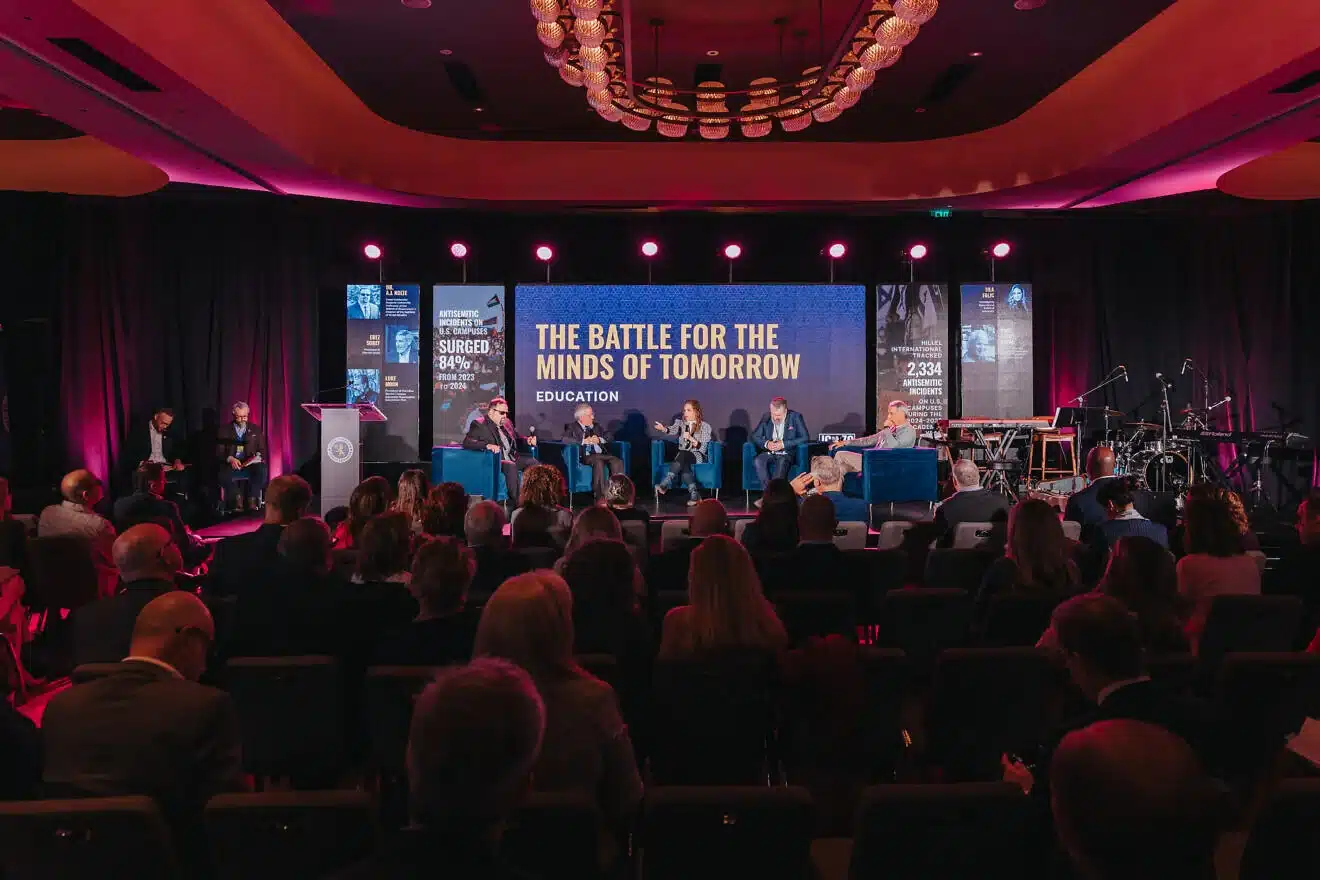|
Getting your Trinity Audio player ready...
|
The late Julius Rosenwald — the visionary philanthropist and former president of Sears, Roebuck and Company — was inducted into Jewish American Hall of Fame on Sunday.
The online ceremony was co-sponsored by the Jewish-American Hall of Fame (JAHF) — a division of the American Jewish Historical Society (AJHS) — and the Combat Antisemitism Movement (CAM). The JAHF is housed at the Virginia Holocaust Museum in Richmond.
Watch the full ceremony HERE:
Read Rosenwald’s JAHF page HERE.
The event celebrated Rosenwald’s enduring friendship with Booker T. Washington — an extraordinary bond between a Jewish businessman and Black educator that bridged faiths and communities to transform education across the American South.
In their remarks, speakers highlighted how Rosenwald’s Jewish values and Washington’s devotion to education embodied the best of American ideals. Rosenwald viewed giving as a moral responsibility and a path to lasting opportunity.
Between 1913 and 1937, Rosenwald’s collaboration with Washington led to the creation of more than 5,000 schools for African-American children, empowering hundreds of thousands of young students and strengthening communities long denied equal access to education.
A Living Blueprint for Solidarity
Representing CAM, African-American Alliance Manager Dazia Wallerson delivered a deeply moving reflection on the shared legacy of Rosenwald and Washington.
“As the African-American Alliance Manager at CAM, our mission is rooted in a simple but profound belief — that antisemitism and hate in any form cannot be fought in isolation,””she said. “We exist to unite communities across faiths, races, and backgrounds in the shared work of dignity, understanding, and moral courage. And that’s exactly the legacy we’re here to celebrate today.”
She described Rosenwald and Washington’s friendship as “one of the great American examples of what can happen when two leaders — one of Jewish background and one of African-American background — choose faith over fear and partnership over division.”
Wallerson spoke about the character of both men: “Julius Rosenwald rose from modest beginnings to become the president of Sears, Roebuck and Company. He was a man measured not by profit but by purpose, a testament to the Jewish value that wealth should serve humanity. And Booker T. Washington, one of the most visionary educators of his time, dedicated his life to proving that education could be both a path to empowerment and an act of liberation.”
She drew a direct line from their partnership to CAM’s own work today. “Despite coming from two very different worlds — of race, faith, and circumstance — they recognized in each other the same conviction: that education and self-determination are the foundations of justice. Their collaboration gave birth to about 5,000 Rosenwald Schools — one of the most transformational educational movements in American history. These schools were more than structures. They were symbols of hope. They stood as proof that when communities come together, even in the face of injustice, they can create spaces for learning, pride, and liberation.”
Wallerson’s remarks also turned personal. “As a Black woman and a mother raising a young son in America, I feel this legacy deeply,” she noted. “My own education and my child’s future are part of the ripple effects of what these two men were able to imagine and bring to life. They believed in the transformative power of learning, and their vision still teaches us that the seeds of freedom begin by expanding minds and resources in the classroom.”
She continued, “Their friendship also teaches us something more urgent now than ever before: the Black-Jewish partnership is not just history — it is a living blueprint for how we heal a divided world. The fight against antisemitism and the fight against anti-Black racism are bound together by shared moral truth, compassion, and the courage to do what is right.”
Highlighting CAM’s bridge-building work, she said, “At CAM, we proudly carry that torch forward through our annual Washington–Rosenwald HBCU Scholarship Program, where we invite students from historically Black colleges and universities to submit essays, art, and digital projects exploring unity, education, and justice. The winners receive scholarships to support their studies — but more importantly, they become the next generation of bridge-builders within this sacred legacy.”
Wallerson concluded with a message of hope and determination: “In this way, we keep the Rosenwald-Washington vision alive — not as nostalgia, but as an active commitment. Their story is not just about schools; it’s about moral courage and character. It’s about seeing one another fully, investing in one another’s humanity, and building together even when the world tells us we cannot. As we honor Julius Rosenwald today, we honor the bridge he built with Booker T. Washington — not of bricks and boards, but of empathy and shared responsibility.”
“May we continue to walk across that bridge together,” she said, “toward a future not defined by fear or division, but by understanding, solidarity, and love in action.”
Other speakers at Sunday’s ceremony included: Mel Wacks, JAHF Founding Director; Arthur Maserjian, JAHF Deputy Director; Sam Asher, Virginia Holocaust Museum Executive Director; Eugene Daub, Sculptor of the Julius Rosenwald Plaque; Dorothy Canter, Founder and President of the Julius Rosenwald & Rosenwald Schools National Historical Park Campaign; Jerry Klinger, President of the Jewish American Society for Historic Preservation; and Ken Morris, Jr., Founder of Frederick Douglas Family Initiatives, great-great-grandson of Booker T. Washington, and great-great-great-grandson of Frederick Douglass.
As the event drew to a close, Maserjian commented that the relationship between Rosenwald and Washington stood as “one of the great acts of moral imagination in American history.”
